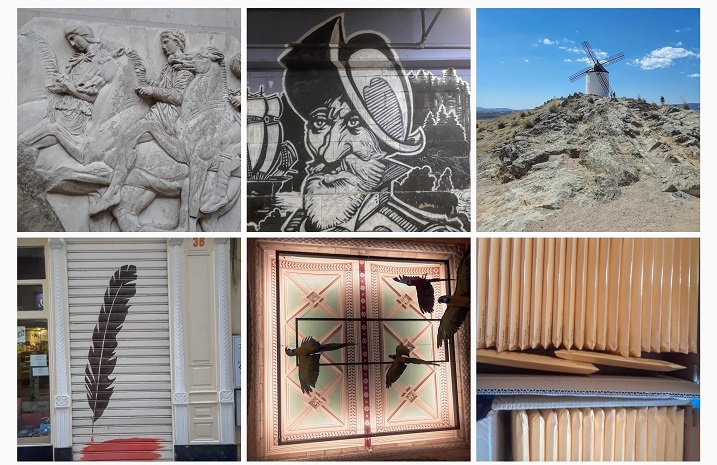I believe this idea is one of the major themes in Lost Son, and Dyer articulates my own sense, while writing the novel, of beholding ever-unfolding vistas (in my case, from Rilke to Lou Andreas-Salome, Gerhardt Hauptmann, Clara Westhoff, Paula Modersohn-Becker, Rodin, Jens Peter Jacobsen, Cezanne, Baudelaire, Eugene Atget)....
Here's a bit from Dyer's piece:
"Rilke struggled to directly translate what he considered the sculptor’s most distinct quality—his ability to create things—into the “thing-poems” [Dinggedichte] of 1907-8.
As the young Rilke had come to write about Rodin and his work, so the young Edward Steichen came to photograph Rodin and his creations....Rodin became convinced not just of Steichen’s individual talent but of photography’s viability as an art form.
....Whatever your starting point, whether your particular interest is poetry (Rilke), photography (Steichen), sculpture (Rodin), or fiction (Balzac), you will, so to speak, be led astray. After this meeting there will be dispersal. And the dispersal will lead, in turn, to new meetings, new convergences....
In real life our chances of meeting people are limited and contingent. In the realm of art and literature those constraints are removed; everyone is potentially in dialogue with everyone else irrespective of chronology and geography."The Rilke/Cezanne connection is likewise discussed by W.S. Di Piero in his essay "Only Collect," also at the Poetry Foundation website.

